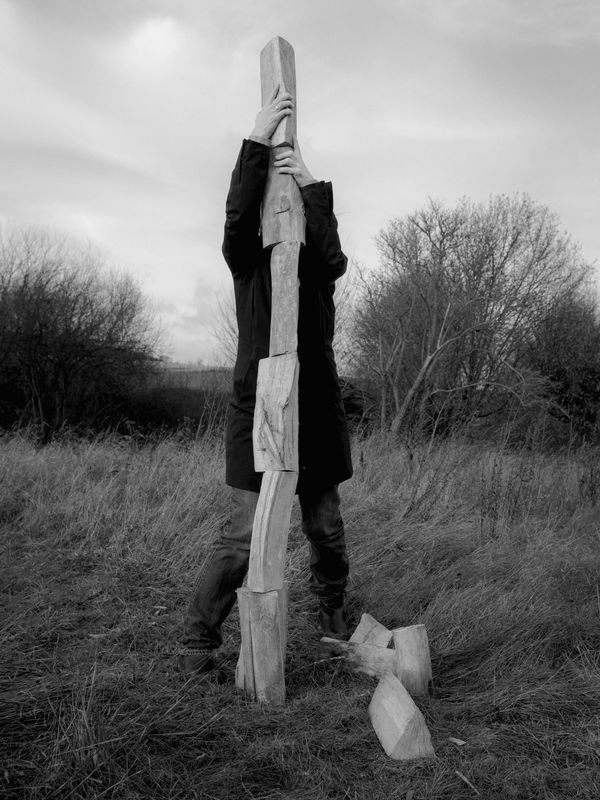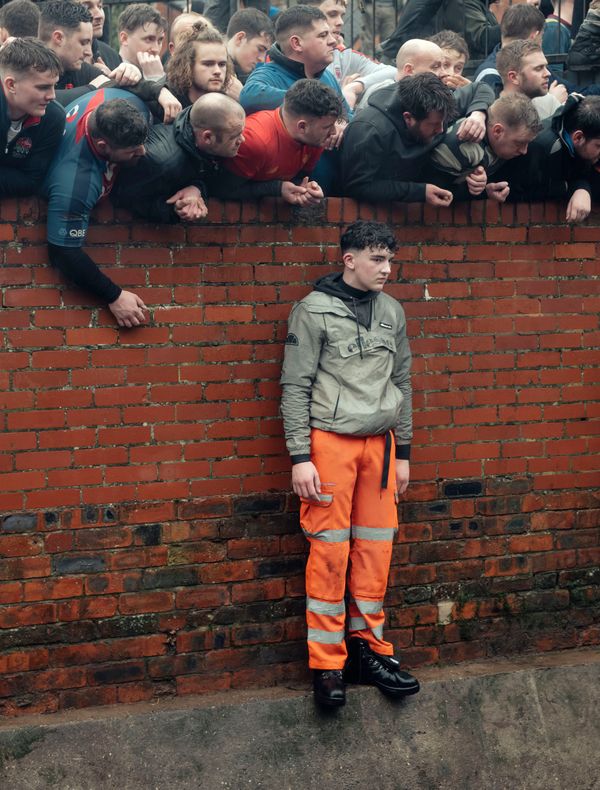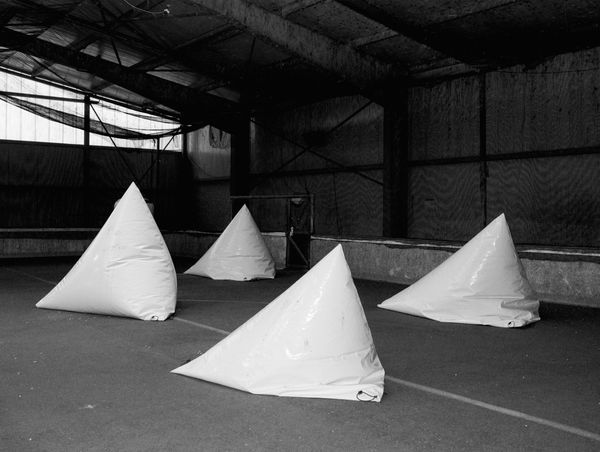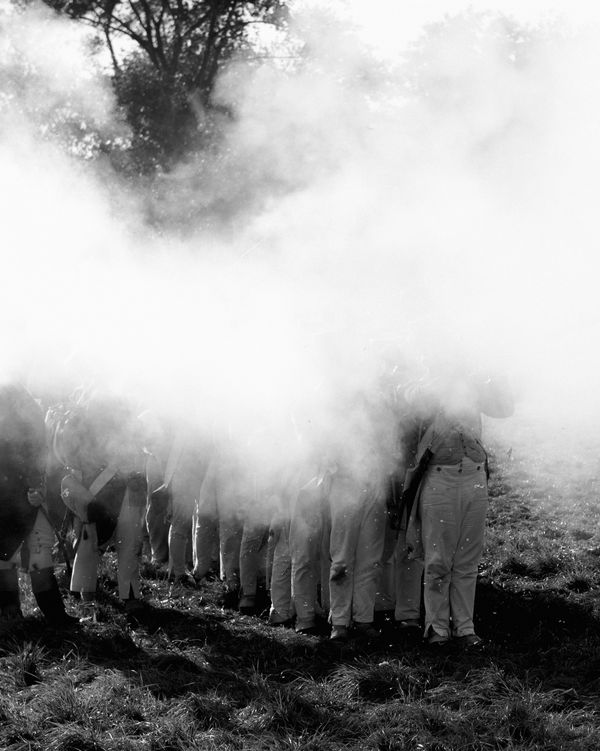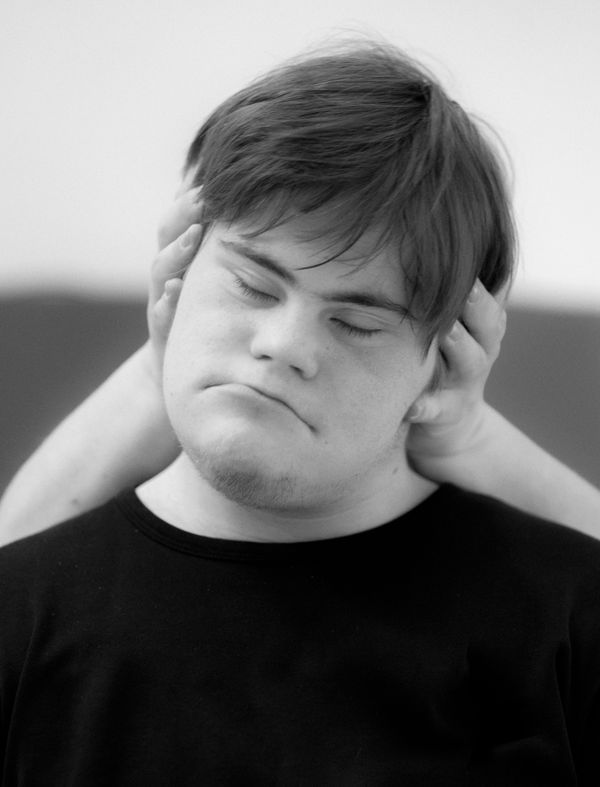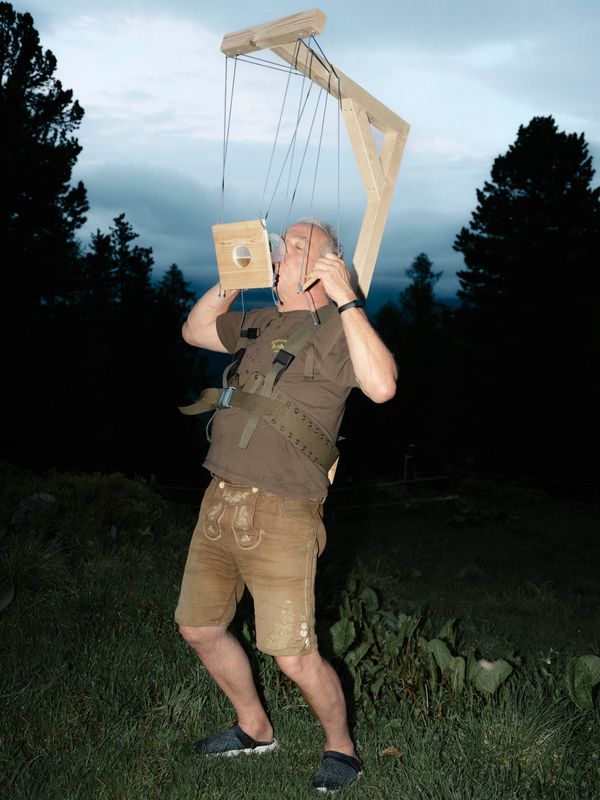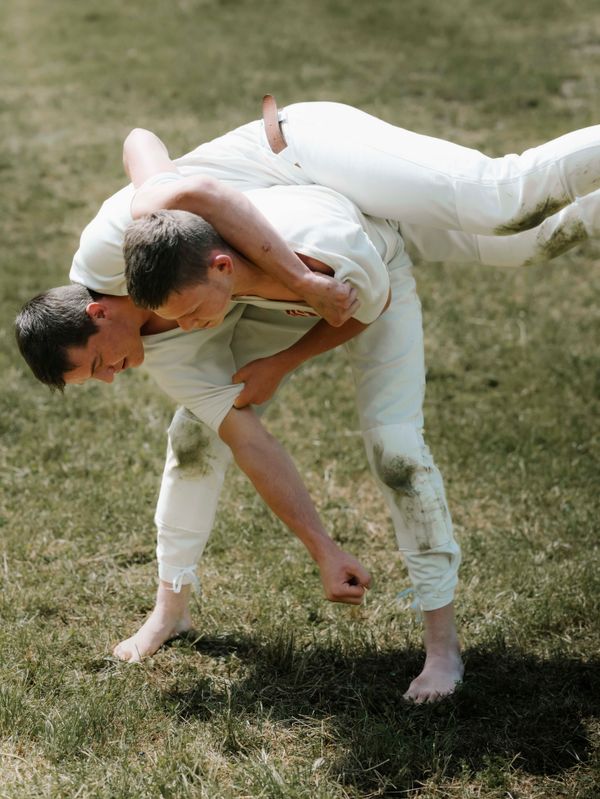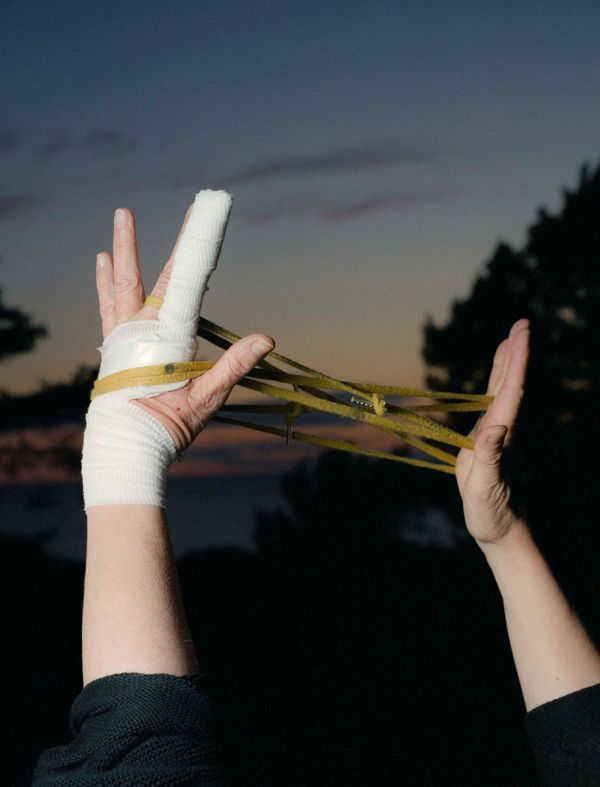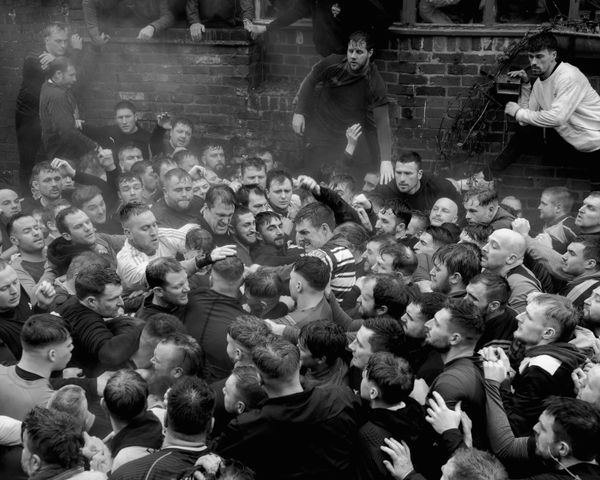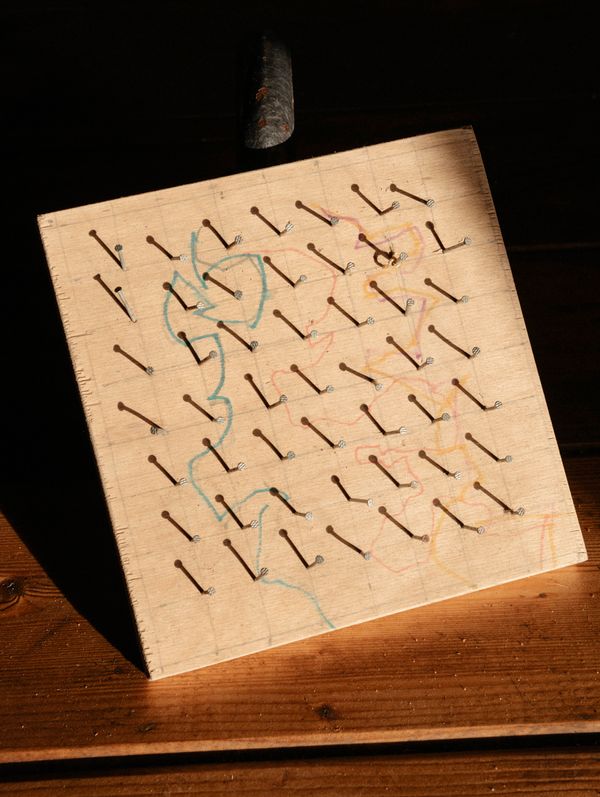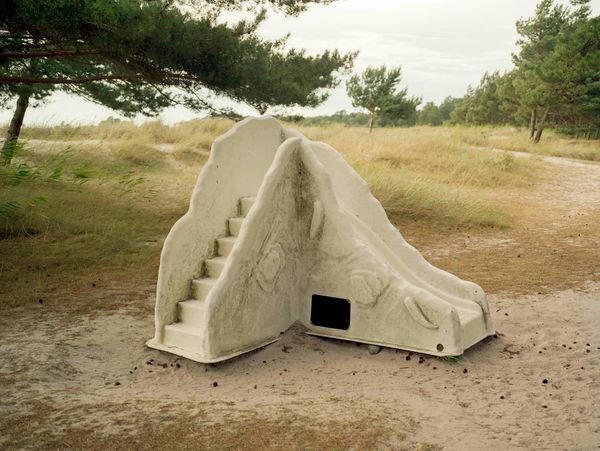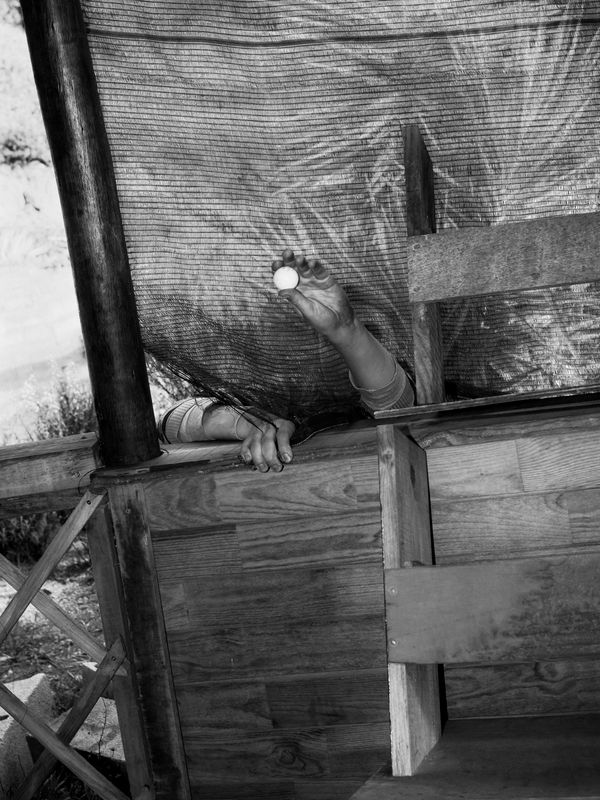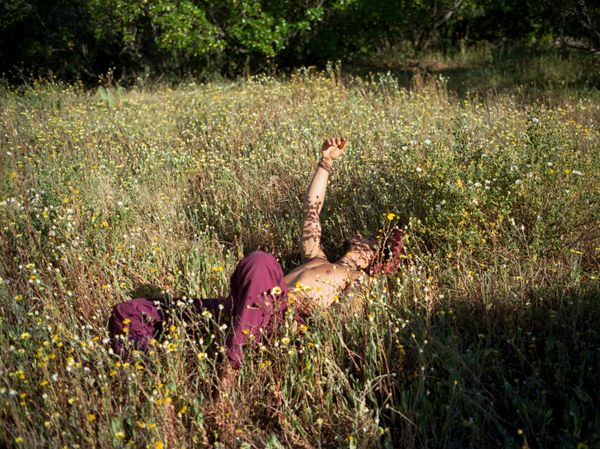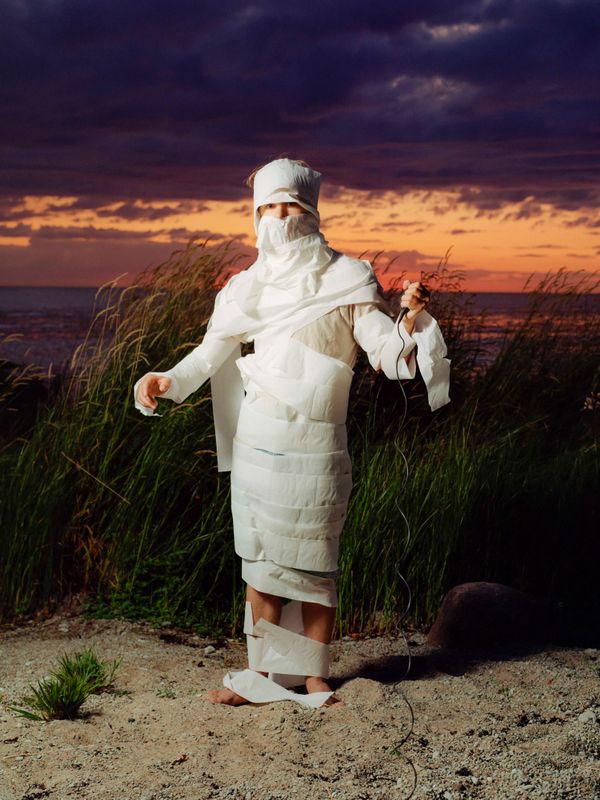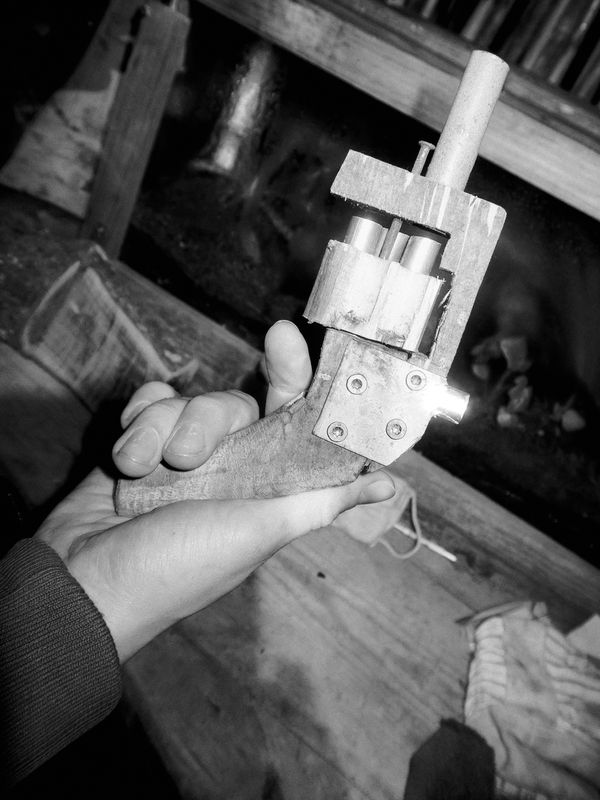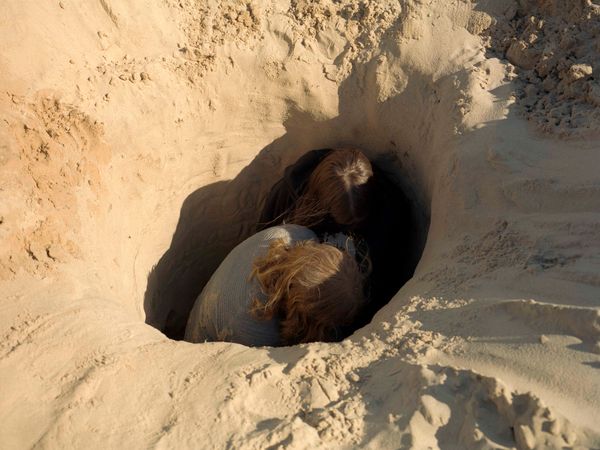Zenit
-
Dates2022 - Ongoing
-
Author
- Location Berlin, Germany
-
Recognition
Pastime and then - it's gone. Is she waiting for us, covering her eyes, counting to ten? Come on, run away. You're faster than me, stronger than us. Bound by the limits of skill, to the edge of the rules. That's the basic denominator: we play.
Pastime and then - it's gone. Is she waiting for us, covering her eyes and counting to ten? Come on, run away. You're faster than me, stronger than us. Bound by the limits of skill, to the edge of the rules. Rest pulse revenge. Between strategy and senselessness, between the innocence and the eagerness, it happens. Here, there, from zero to ninety-nine. Living on the side? Doesn’t count. Let's build something that will collapse underneath us. Next round. Anything goes. Nothing is mandatory.
Languages, cultures, faiths and traditions are diverse and numerous worldwide. Yet we all have at least one thing in common: we play.
Play is a fundamental part of what makes us human and is often misunderstood as a childish pastime of little importance. But the opposite is true. As simple and casual as "play" may seem, it is deeply complex and meaningful. Play is an elemental part of what makes us human and acts as a social bonding agent. Our human nature and need to socialise with each other is expressed in the urge to play.
The paradox of immersing oneself in a parallel world with self-determined rules that are clear and coherent to the players of the game, yet remain largely unfathomable and mysterious to outsiders, is at the core of my work.
At a time when society is becoming increasingly achievement-oriented and serious, it is even more important to see the human instinct to play as a driving force that strengthens and binds our society together. Rethinking play from a social perspective, can help find solutions to the challenges of our time that can only be met as a global community.
